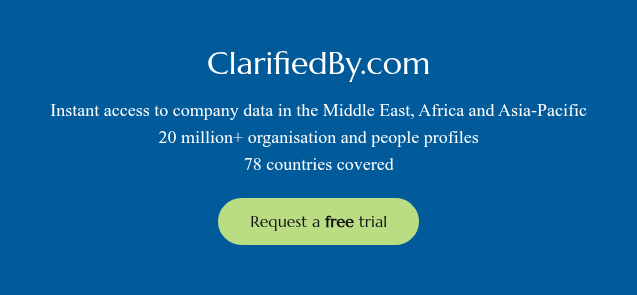How entity data can help you meet regulatory requirements: why it matters and where to start
Read moreUltimate beneficial ownership in the UAE
The Financial Action Task Force (FATF) has just published its assessment of the UAE’s efforts to implement anti-money laundering and counter terrorism financing measures (AML/CTF).
One of the 11 key areas rated in their report was the identification of Ultimate Beneficial Ownership (UBO) information. FATF identified transparency around UBOs as a major concern and rated the UAE as having a low level of effectiveness in this area – perhaps best illustrated by the phrase ‘beneficial owner(ship)’ being used a total of 146 times through the document. UBO information is a key component in understanding the links between entities and their control, and ultimately, for FATF and others, the risks of exploitation of the region for money laundering and terrorist financing.
FATF’s concerns around beneficial ownership can be broken down into two broad areas: firstly, the UAE’s ability and propensity to enforce the visibility of ultimate beneficial owners; and secondly the level of knowledge and effectiveness of financial institutions and companies operating in the country. On the first point, it is clear that the UAE’s strategic geographical location between continents, in proximity to conflict zones and its own jurisdictional complexity of 7 emirates, 2 financial free zones and 29 commercial free zones further increases the UAE’s risk of attracting funds linked to crime and terror. The report makes clear that having 39 different company registries raises the risk of the misuse of filing registered entities and their directors, officers and owners. FATF acknowledged that some progress had recently been made, notably with the establishment of a National Economic Register, but the UAE is still considered by some as vulnerable to regulatory arbitrage and adds that the risk of criminals being able to conceal beneficial ownership remains high.
When it comes to entities operating in the UAE, the report acknowledged differing levels of knowledge and compliance – ranging from financial institutions which demonstrated a “solid understanding” of the requirements and were able to produce relevant information in a timely fashion, through to non-financial businesses where processes were seen as weaker and the ability to produce the required information was not demonstrated.
The two areas described above are of course intrinsically linked; without the required knowledge and enforcement at the registry level, and the availability of a unified system of corporate registries, UAE companies are already facing an uphill battle to comply with FATF recommendations.
Diligencia brings clarity to the connections between organisations and individuals across the Middle East & Africa via its online platform www.ClarifiedBy.com. With our UBO Explorer feature we can unwrap beneficial ownership information up to the UBOs, where available, from approved official primary sources.
